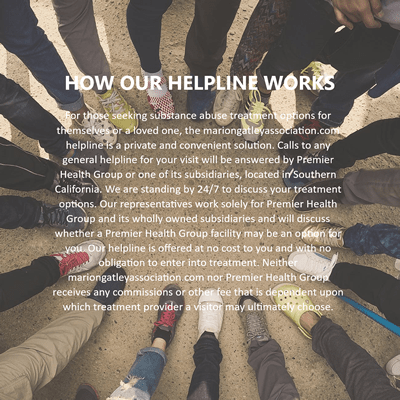Intervention: the Act of Love and Hope
Intervention is an orchestrated effort by one, or often many, people to get someone to accept professional help for an addiction or other form of self-harming act. Generally intervention is used to address drug abuse and alcoholism, however is also used to help persons cope with mental illness and impulse control disorders including compulsive gambling, and overeating.
Every day people struggle with problems in their relationships. It may be a marriage problem, parenting problem or even an individual crisis. When these problems won’t go away, when they affect you or your loved ones at work or school or socially, it is time to seek help from a professional.
Crisis Intervention can help by providing a safe environment where issues can be openly discussed. Intervention can help you solve your problems. It can help create understanding and alter destructive behaviors. Admitting you need counseling is not a sign of weakness. It is a sign of personal strength. It is also a sign of modern, intelligent thinking to recognize that there are others with important knowledge, waiting to share with their insight with you. If you have an emotional illness or addictive behavior that you grapple with daily, you need to let a trained counselor help you cope. You don’t have to go it alone. Some need help overcoming trauma. Others need help coping with anxiety. Still others wrestle with addictive behaviors, codependency or eating disorders. Getting help is the smartest thing you can do for yourself and for those you love to provide a safe, open, informative environment.
Families are often compared to mobiles. When any part of the mobile is moved, the entire mobile is affected. In a likewise manner the illness of one member can affect the entire family which generally manifests itself as an increase in emotional, financial and health problems. Crisis Intervention restores hope and tranquility to the family that has been coping with the distress of addiction or mental illness.
Did you know that addiction affects specific areas of the brain critical to your decision-making process, memory, and learning behavior control resulting in loss of control, denial and irrational thinking?
It is for this reason it is critically important for someone else to step in. However, simply expressing one’s concern for for the individual’s health and well being will not change their addictive behavior considering most addicts seldom believe they have a problem. Because of this you should never try to take on this task yourself. Only the training and experience by an interventionist will improve the likelihood that the person will accept help.
Unfortunately, many families will rarely seek help before person’s addiction has resulted in severe problems. And too often they are told that it is best to wait until the person, “hits rock bottom” before anything can be done. Sadly it is not the addict alone who will, “hit rock bottom.” They also take their families with them as they lay ruin to their health, relationships and any hope of recovery. Rarely is the family told that this, “rock bottom” is often irreversible and can result in the loss of the person’s life. Intervention can save the addict and the person from years of distress and devastation by raising the level of, “rock bottom.”
The first step of the interventionist is to educate the persons involved about the cause of the addiction and the collective denial that makes it possible. This is often the first step toward recovery followed by creating group consensus and cohesion and helps the the persons involved to stay on point. This also makes it difficult for the addicted individual to block the goals of the intervention.
If your loved one has been through an intervention and is ready to seek treatment and make a healthy new start, contact our helpful and educated intake coordinators at Intervention Drug Rehab Association today.



